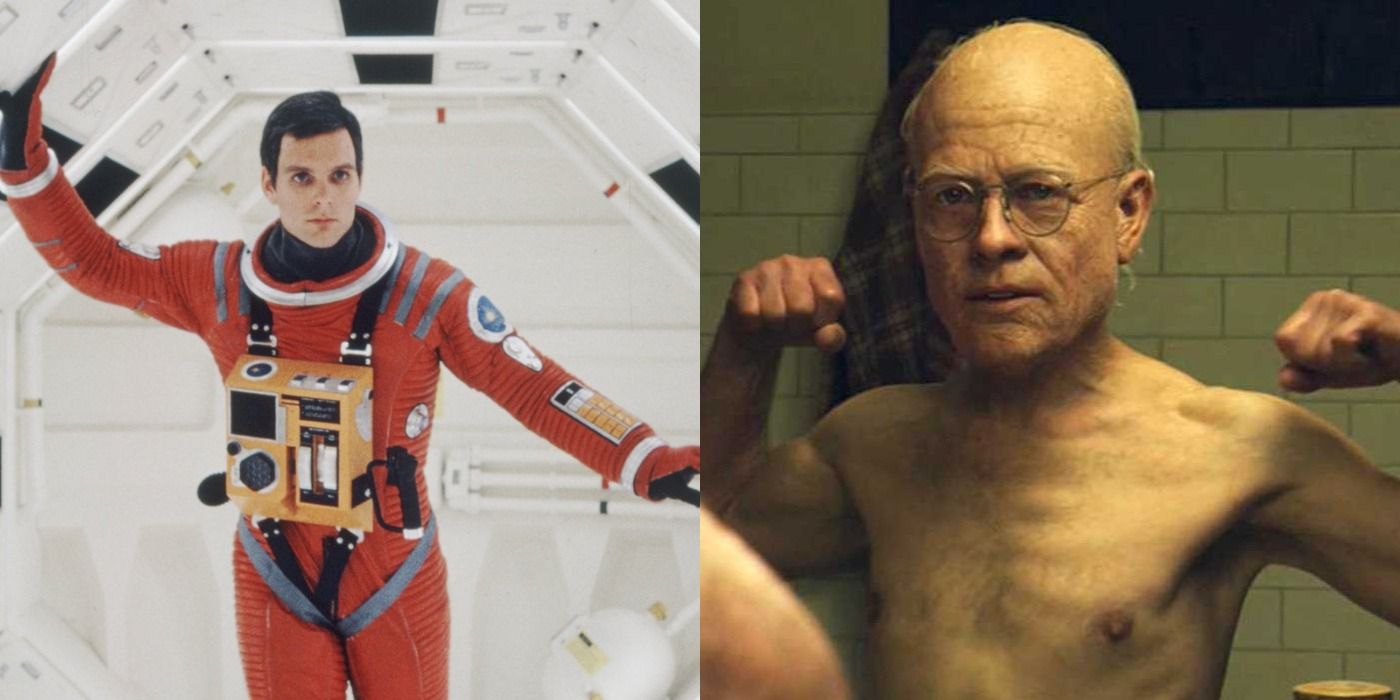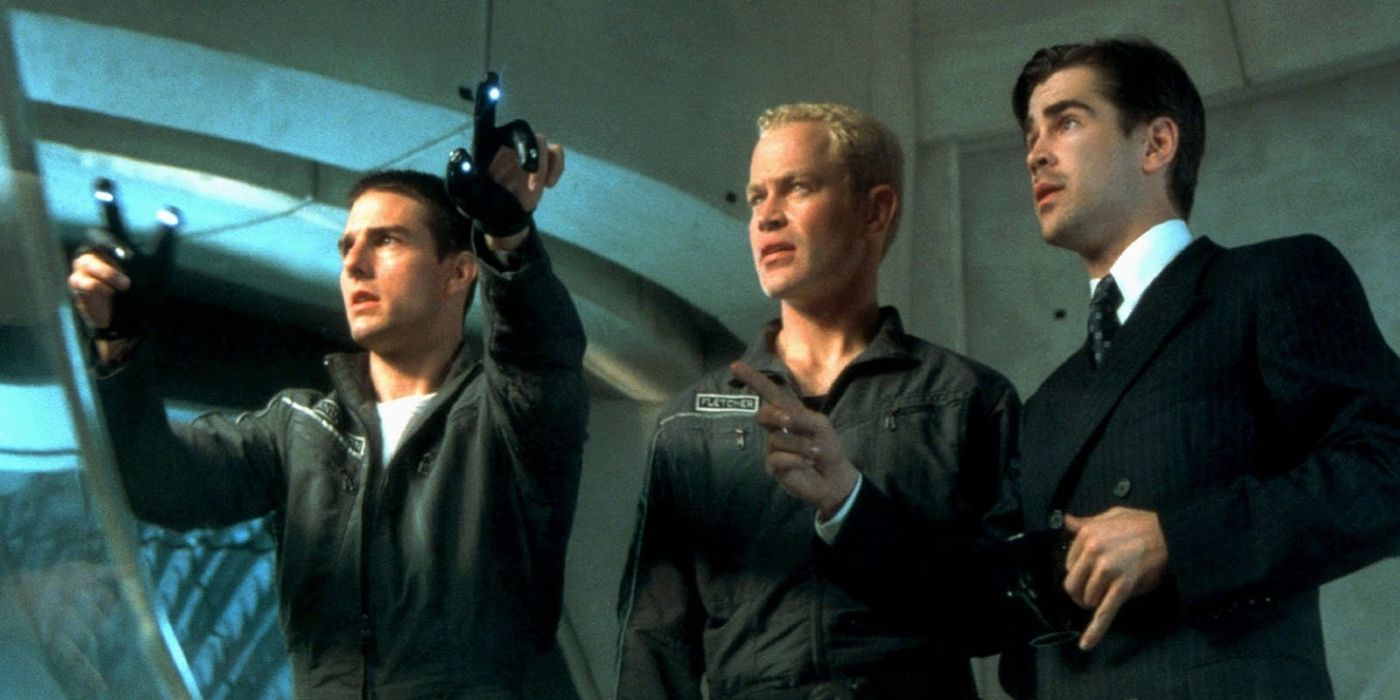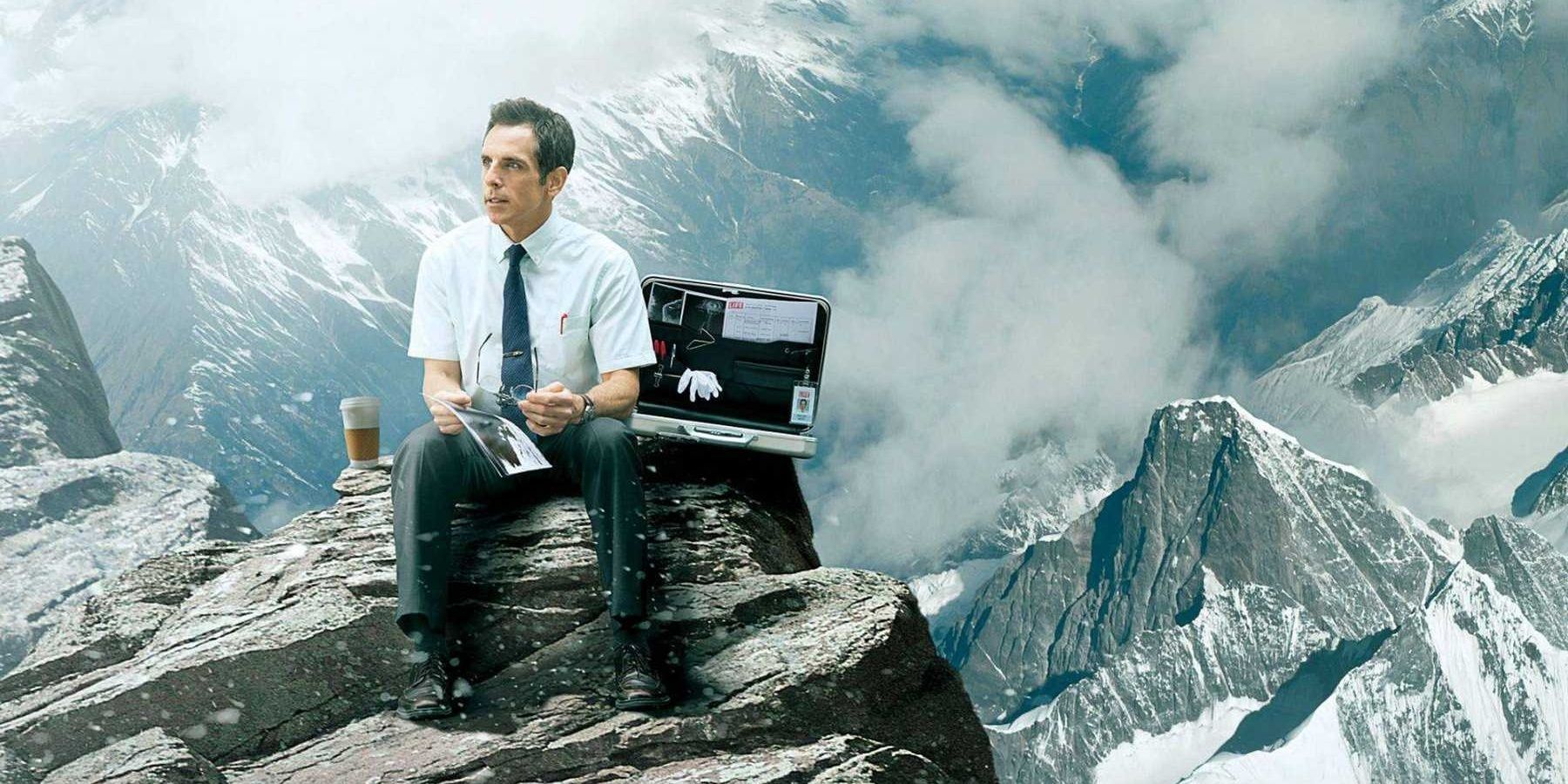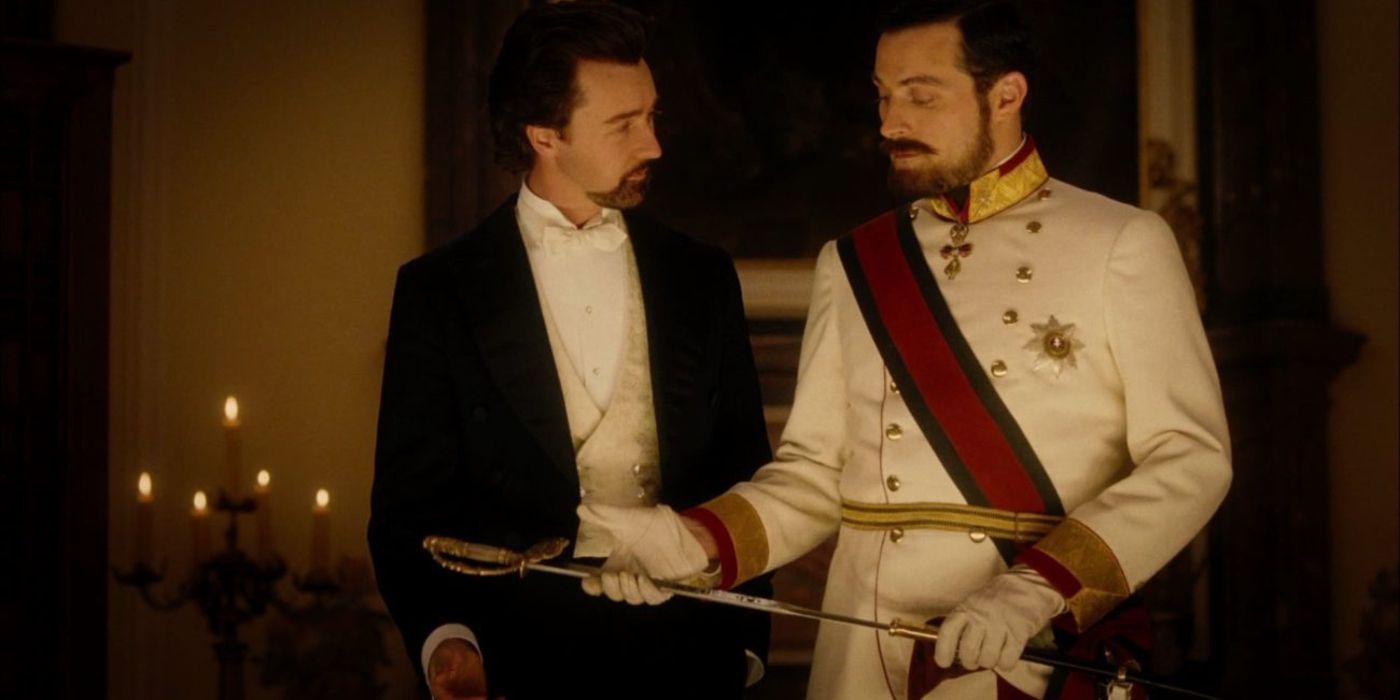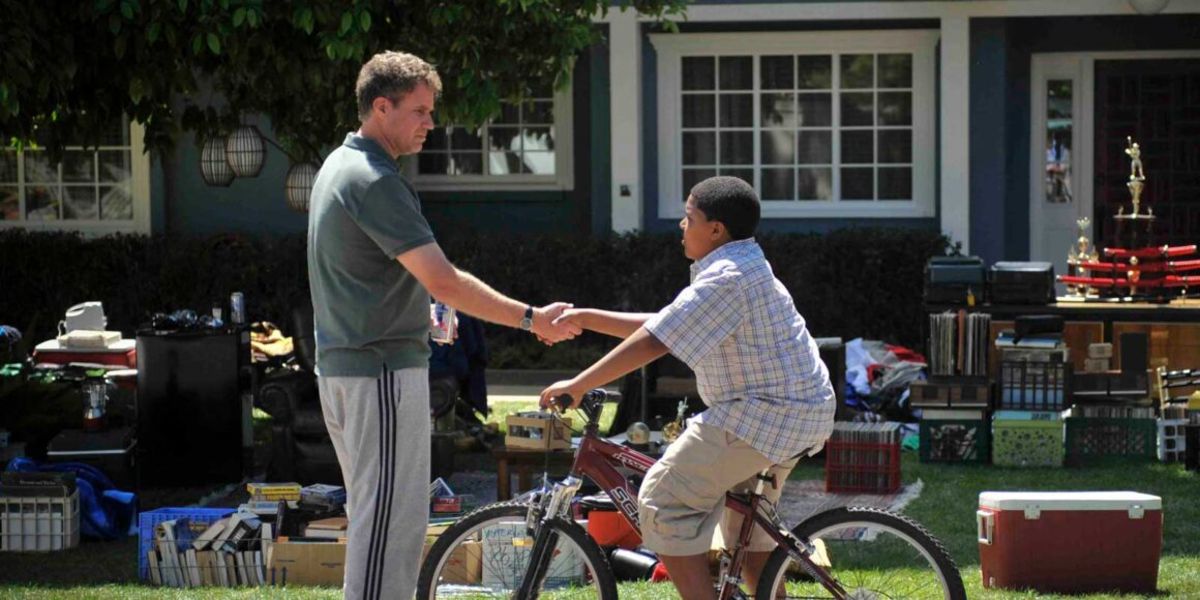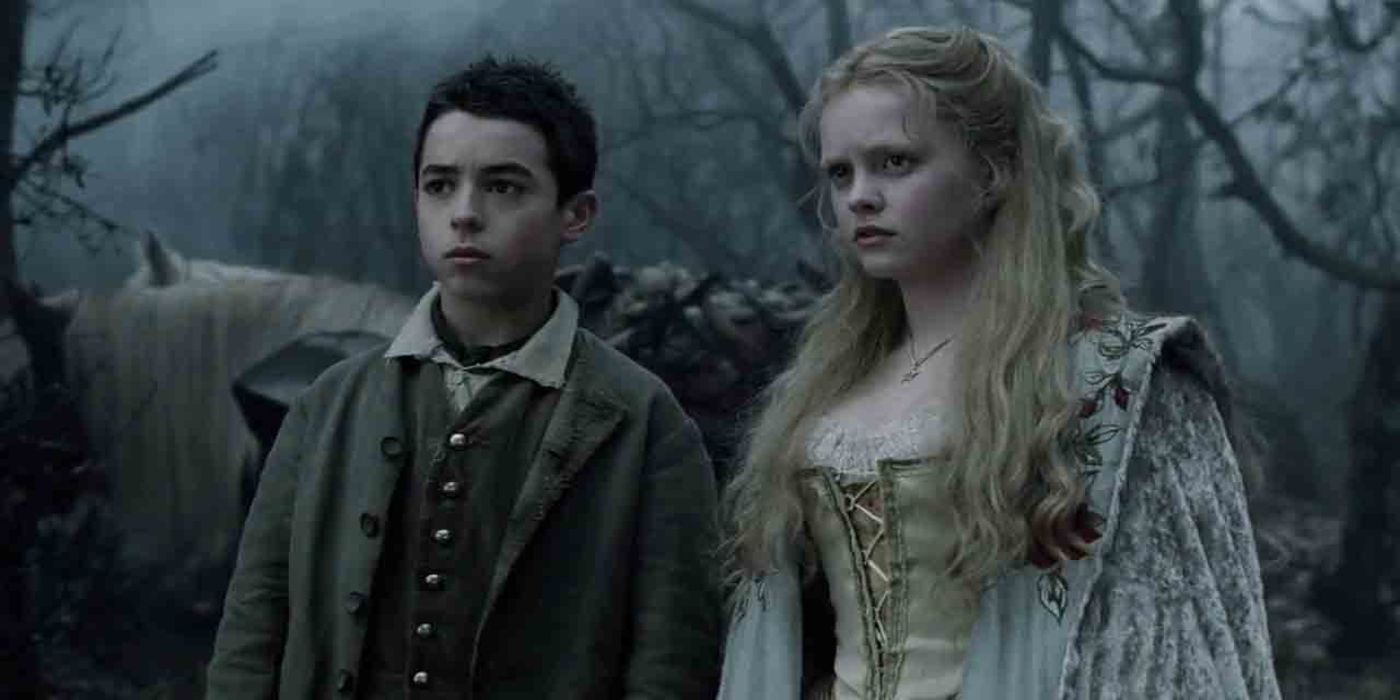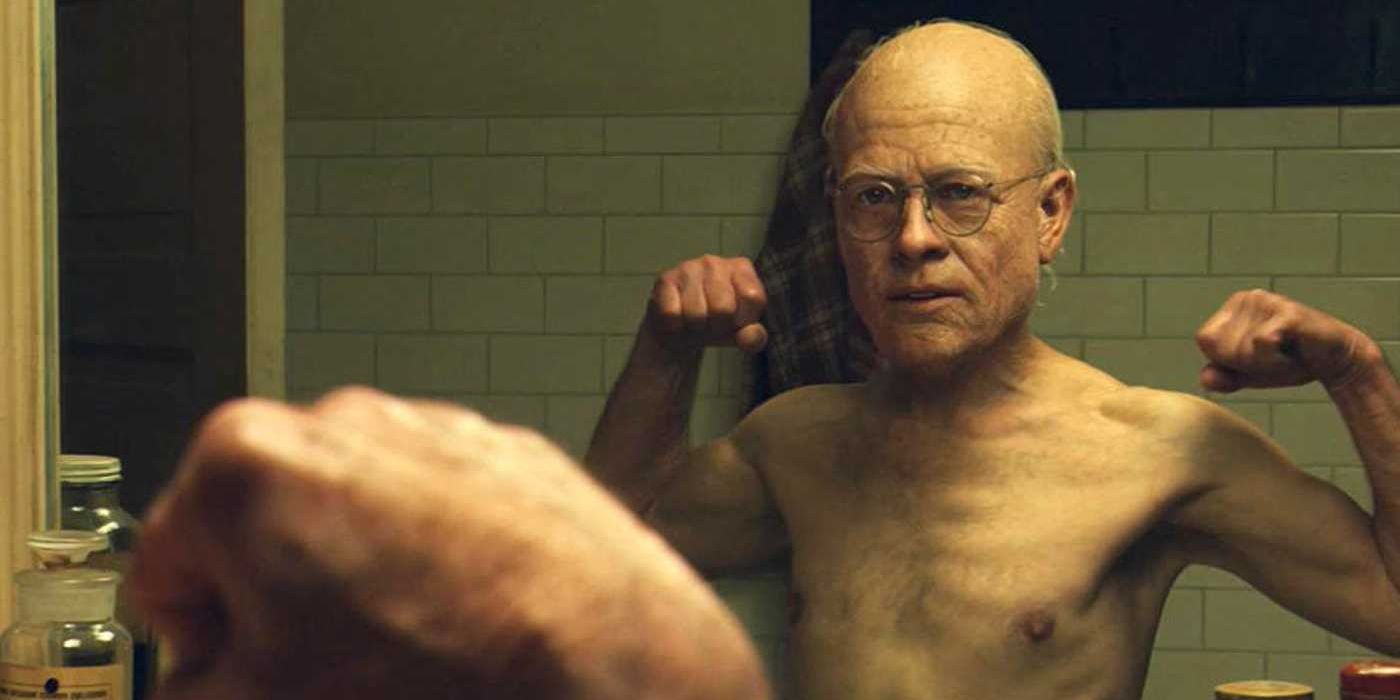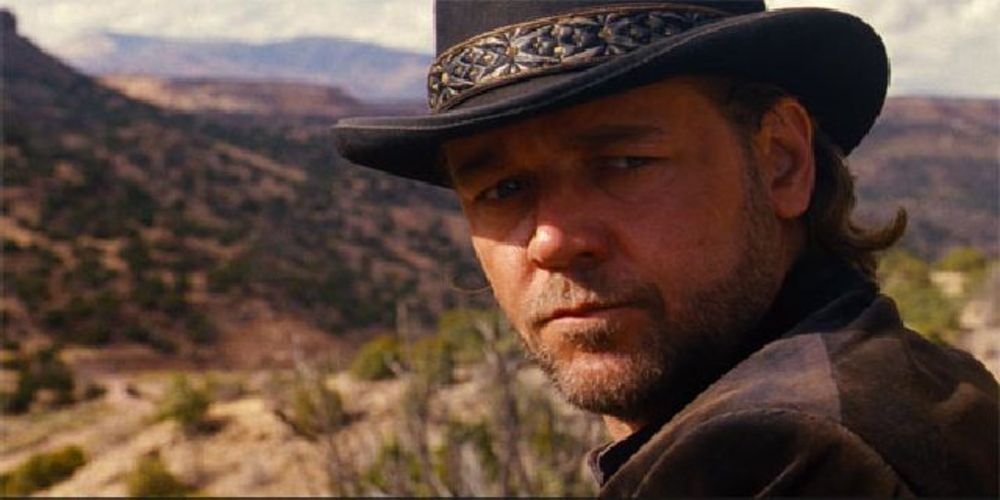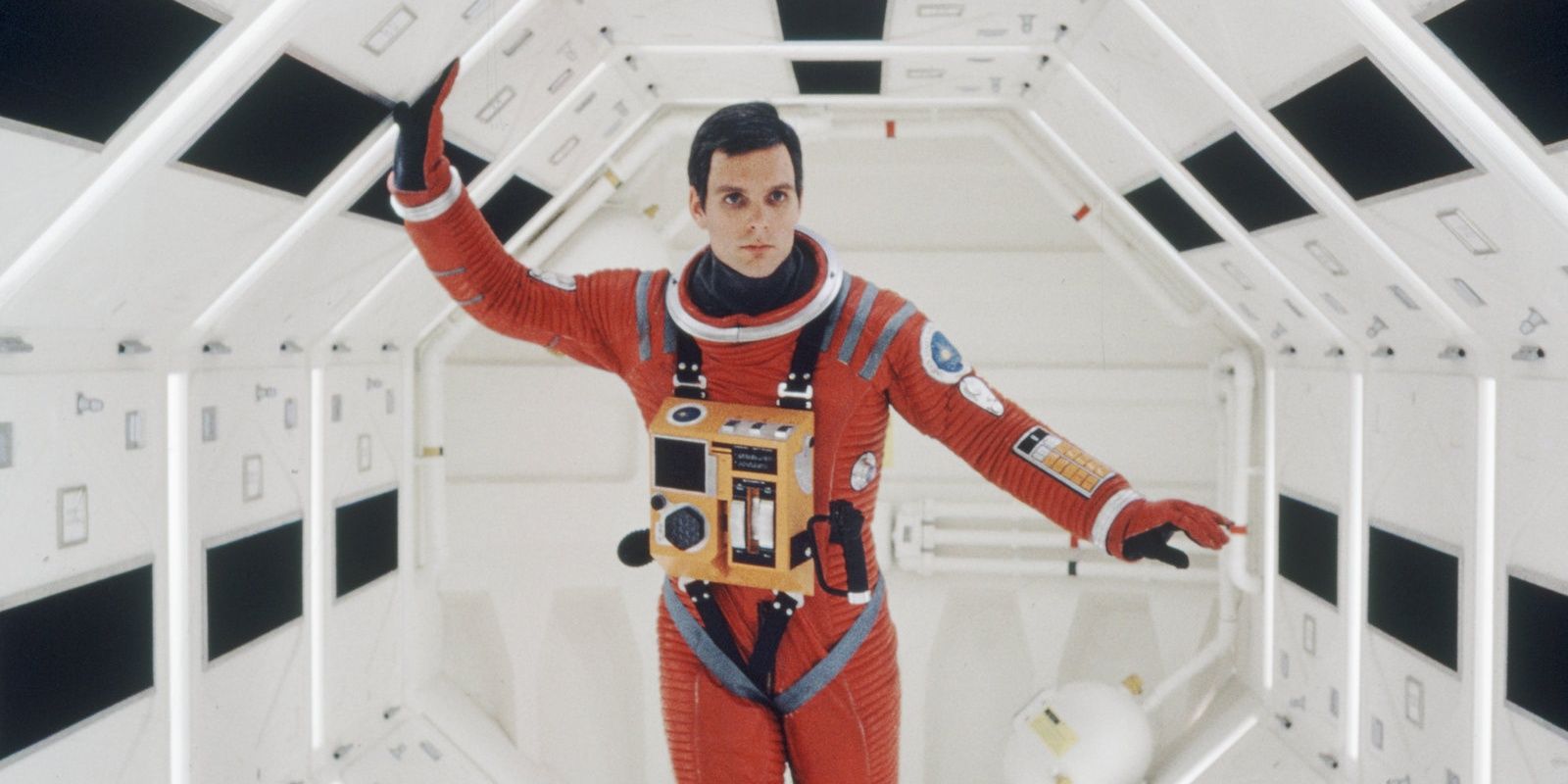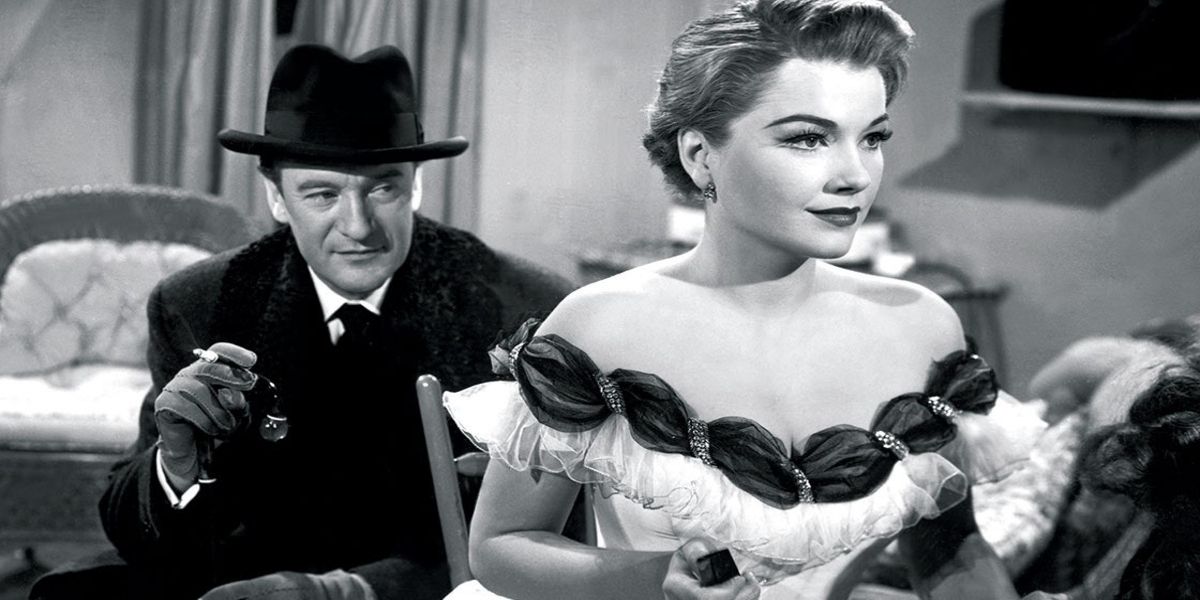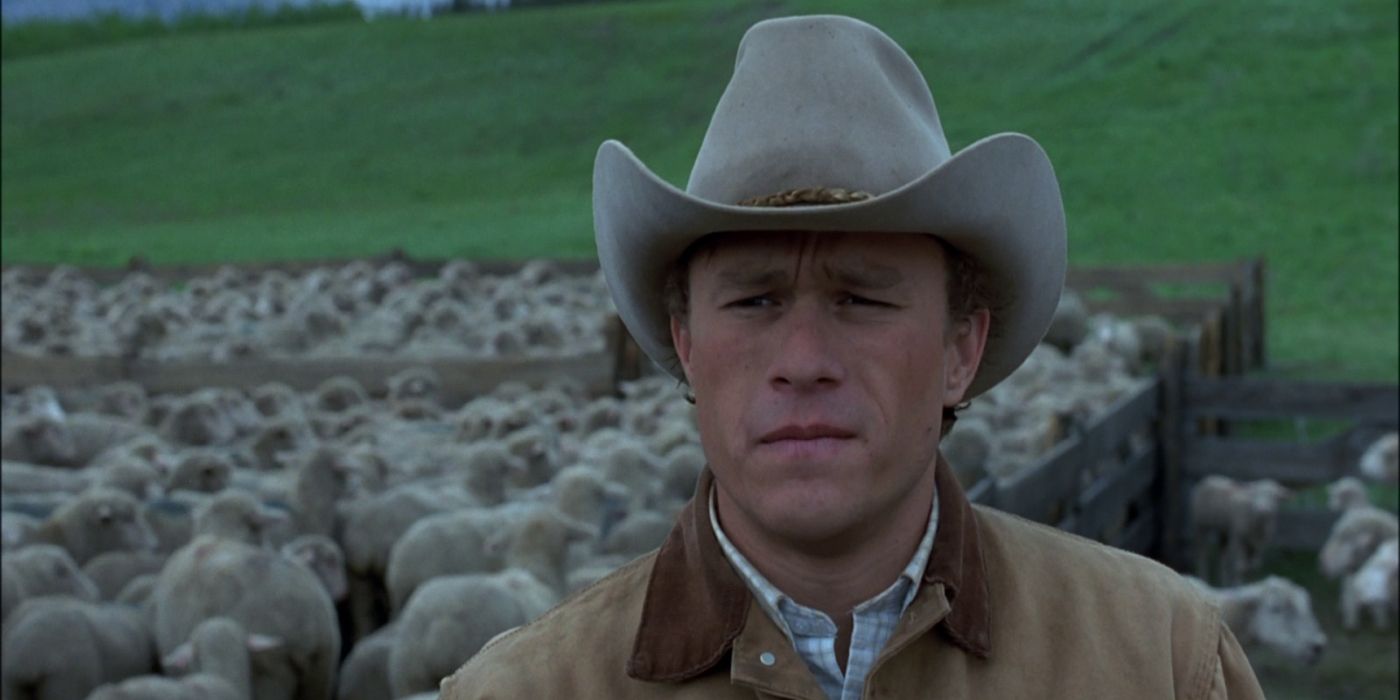Some of Hollywood's greatest films have been motivated by other artistic mediums; comic books, novels, and video games have long served as sources of inspiration for filmmakers. However, short stories have often proven to be troublesome when it comes to film adaptation, as, with less content from which to draw, stretching these stories out into feature-length films can be difficult.
Short stories have been around for centuries, and, as such, the movie industry has had plenty to choose from, from Brokeback Mountain to The Illusionist and Minority Report, and here are 10 of the absolute best.
Minority Report (2002) -"The Minority Report" By P. K. Dick
Science-fiction author Philip K. Dick's original 1956 piece was published in Fantastic Universe. It takes place in a futuristic society where three individuals called "Precogs," hooked up to a grotesque machine, can predict crime before it happens.
Steven Spielberg's tech-noir movie Minority Report stars Tom Cruise and Colin Farrell. Both wrestle with ideas of free will and predestination as well as authoritarianism and autonomy/agency. While the original source material references Cold War worries and the dissatisfaction with world governments, Spielberg's film relies on the advanced technologies humans' relationship to it.
The Secret Life Of Walter Mitty (2013) - "The Secret Life Of Walter Mitty" By J. Thurber
Thurber's 1939 New Yorker short story "The Secret Life of Walter Mitty" follows a middle-management everyman who daydreams about what his life might look like in various scenarios where he is the hero as he is driving with his wife on mundane errands.
The movie, directed by and starring Ben Stiller, follows many of the same ideas as Thurber's short story, and the wordplay the author utilized in his text translates to the film, as do the larger-than-life daydreams and sense of escapism. A major deviation from the short story, however, is that Mitty goes on an adventure in the film to take charge of his existence instead of being confined to the adventures in his head.
The Illusionist (2006) - "Eisenheim The Illusionist" by S. Milhauser
Milhauser's famous short story (1990) weaves a magical semi-autobiographical story of a magician who performs outstanding/otherworldly tricks to audiences in turn-of-the-century Vienna such as phantasmagoria and the more traditional sleight-of-hand techniques.
The film from Neil Burger and starring Edward Norton, Paul Giamatti, and Jessica Biel stays true to the text by using the same characters and magic present in Milhauser's short story. Milhauser placed particular emphasis on the fall of the Hapsburg Empire and the disillusionment from citizens. The film diverges from Milhauser by placing the relationship between Norton's and Biel's characters centrally and as motivation.
Everything Must Go (2010) - "Why Don't You Dance?" by R. Carver
Carver's short story, the 1981 publication What We Talk About When We Talk About Love, is about a man whose life is in shambles after his wife leaves him. He 'moves out' to the front lawn and sets up house there, contemplating 'his and her' side of things as he drinks his hard alcohol and wonders some more.
The movie from director Dan Rush and starring Will Farrell and Rebecca Hall is a black-comedy dramatic film that takes its cues from Carver but develops and fleshes out its characters much more than the text, as well as with the setting and plot/devices. The thematic elements tie the two stories together, though, as they battle with displacement, the way people mask their hurt, and the worth of things both tangible and abstract.
Sleepy Hollow (1999) - "The Legend Of Sleepy Hollow" By W. Irving
This gothic piece from Irving tells the spooky story of a headless horseman that terrorizes the town of Sleepy Hollow and involves demonic dances, haunted forests, and the coveted Katrina Van Tassel. Conflict ensues between the supernatural/imaginary and the real and brings into consideration the unreliable narrator.
The film from Tim Burton starring Johnny Depp and Christina Ricci aligns well with Irving's, as both demonstrate the symbolism of the pumpkin head and keep Ichabod easily spooked. Further, the headless horseman is a German mercenary in both versions, lending to the historical context. Additionally, both artists uphold the value of storytelling and war. The movie does differ, however, by being overtly unsettling, whereas the text is meant to be humorous in many passages.
The Curious Case Of Benjamin Button (2008) - "The Curious Case Of Benjamin Button" by F. S. Fitzgerald
1922's short story by F. Scott Fitzgerald dictates the story of a man who ages backwards, being born looking elderly and capable of speech. As he grows younger in appearance, he also does in his faculties, and he dies as a newborn with all the limited capabilities of one, as well.
The film of the same name by David Fincher starring Brad Pitt and Cate Blanchett was met with positive reviews, and it follows the same overall idea, but with some curious changes. For instance, Button calls New Orleans home in the movie instead of Baltimore. Both narratives emerge conveying the same messages of the importance of social status; Fitzgerald intentionally wrote the story of Benjamin Button at the start of the American Civil War and in Baltimore, as this was a time of significant change in every way of life, lending to his slight satirizing tone throughout.
3:10 To Yuma (2007) - "Three-Ten To Yuma" By E. Leonard
Leonard's 1953 short story is a great American literary Western about an ordinary man who escorts a dangerously notorious outlaw to federal prison by himself across the Southwest United States. Leonard is praised for his straightforward writing depicting two men at odds, but with a deep understanding of one another.
The movie from 2007 by James Mangold starring Russell Crowe and Christian Bale uses many of the same language Leonard uses in his short story, and it also maintains the relationship between Scallen the escort and Kidd the outlaw. Naturally, some artistic discretion was made in extending the storylines and plot so it would be a feature-length film, but the messages persist—the great American West, justice, manhood, and others.
2001: A Space Odyssey (1968) - "The Sentinel" by A. C. Clarke
Clarke's short story, published in 1951 in 10 Story Fantasy, tells the tale of a strange artifact left on Earth's moon by ancient aliens that is shiny and tetrahedral in shape, enveloped by a spherical forcefield that had transmitted signals and then abruptlyly ceased. It serves as a cautionary tale to potentially intelligent and spacefaring life.
The Oscar-winning film from Stanley Kubrick starring Keir Dullea and Gary Lockwood explores themes of existentialism, human evolution, artificial intelligence, and extraterrestrial life, and it stands out for its scientifically accurate filming of space flight and special effects. Clarke wrote "The Sentinel" not long after the bombs dropped on Nagasaki and Hiroshima, reflecting the anxieties of the Cold War, nuclear self-destruction and mass devastation, and the dread that accompanied it.
All About Eve (1950) - "The Wisdom Of Eve" By M. Orr
Orr's piece about one woman's unscrupulous rise to Broadway stardom is a classic tug-of-war between tradition and ambition, theatre versus Hollywood, and how society treats aging women. As one woman inches her way into her idol's life and overthrows her to rise to superstardom, it leaves readers reeling about the love of power.
The film from Mankiewicz starring Bette Davis and Anne Baxter manages to relay many of the same messages the short story did while taking some time to expand the plot, setting, and storylines. During a time when society's expectations for women were underscored and upset by their desires, both versions of the story made waves.
Brokeback Mountain (2005) - "Brokeback Mountain" By A. Proulx
Proulx's 1997 short story follows two men who are hired to care for sheep over a summer who form a relationship with one another. Even after their lives diverge, they meet up for liaisons now and again on camping trips.
Ang Lee's 2005 film starring Heath Ledger and Jake Gyllenhaal carries the same emotional charge the text does, but with some variations. For instance, the friendship between the men is not as established in the film as it is in the short story. It was partly inspired by McCarthy's 'Lavender Scare' and questions the idea of the 'typical' Western American male.

